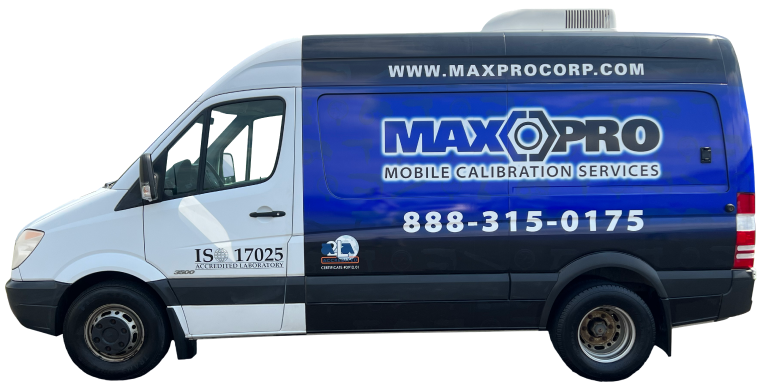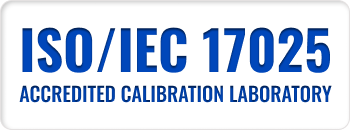
The ISO 17025 standard for torque calibration has been around for more than 20 years, almost as long as we’ve been in business. But despite its longevity, we still hear from people in critical industries — wind energy, pipelines, etc. — who question the need for this level of calibration. And while it is true that you can work with a calibration lab that’s not accredited and who provides standard calibration, you may be putting your equipment — and your projects and employees — at risk.
We’d argue that a time where infrastructure around the country is in danger of failing, it’s more important than ever to invest in proper torque calibration.
Why should I get torque calibration from an accredited source?
Calibration laboratories that don’t have accreditation are also not required to give their clients measurement data. Nor do they need to have any sort of fixed quality system or adhere to the technical rules for calibration labs.
Accredited labs follow the international standard ISO/IEC 17025. They also receive regular audits from accreditation organizations, which test the lab’s quality management system and technical competence.
What is IS0 17025?
Our industry considers ISO 17025 the number one standard for calibration labs. Labs that use this standard have demonstrated that they are operating in a technically proficient manner with a documented quality system that yields accurate results.
The creators of this standard wanted to provide competent measurement services with results that were traceable.
Under ISO 17025, the lab and its client agree on a calibration service. The validity of that service is governed by internal quality standards. Accreditation is one way for a lab to demonstrate its competency.
A torque calibration lab is ready to receive accreditation once it establishes an ISO/IEC 17025 management system and allows its employees the time to master this system and create documentation that can be assessed.
These documents can include:
- A quality manual
- Work instructions
- Procedures which explain how the system operates
- Quality documentation, along with records of files, inspection, testing and assessment results.
What makes ISO 17025 so valuable?
When you work with a torque calibration lab that adheres to ISO 17025 standards, you can rest assured that you’ve chosen an organization that:
- Uses a formal, written quality program for all its procedures
- Provides formal training in ISO 17025 processes
- Has its worked evaluated and validated by an outside accreditation agency, such as A2LA
A2LA, or the American Association for Laboratory Accreditation, is the nation’s only independent, internationally-recognized organization offering comprehensive laboratory accreditation services.
The A2LA’s mission, as stated on its website, is to provide “independent, world-class accreditation and training programs that inspire confidence in the quality of services and acceptance of results from accredited organizations.”
ISO 17025 also provides peace of mind, letting you know that:
- Your torque calibration was handled by a fully-trained and qualified professional
- There is a written procedure that the testers follow for every calibration
- Environmental factors are maintained and monitored
This year marks the fifth anniversary of Maxpro becoming an ISO 17025 accredited torque calibration lab.
We understand the value of ISO 17025 and are proud of the investment we’ve made to achieve this crucial benchmark for our industry. And when it came to get accreditation, we chose the A2LA, whose certification process is unmatched. Torque calibration companies that carry their seal can show their clients they’ve chosen a lab driven by quality.
Maxpro is also one of the few companies offering ISO 17025 calibration for critical industries such as mining, pipelines, construction and petrochemical.
Contact us today to find out how Maxpro can help you with your next
project.





